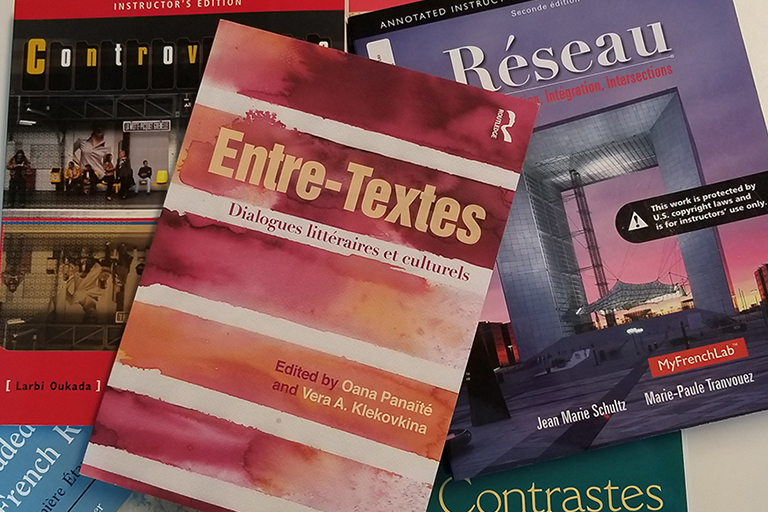Fall 2025 French courses

Practicum In College French Teaching
Focused classroom observations followed by discussions, identification, and evaluation of teaching techniques.
Learn more about this course
Individual Readings in French Literature and Linguistics
Independent study of a topic not offered in a regular course this semester, under the guidance of a faculty member.
Learn more about this course
Research in French Literature and Language
Obtain online permission from the Graduate Student Services Coordinator.
Learn more about this course
Advanced Research (French)
Obtain online permission from the Graduate Student Services Coordinator.
Learn more about this course The College of Arts
The College of Arts